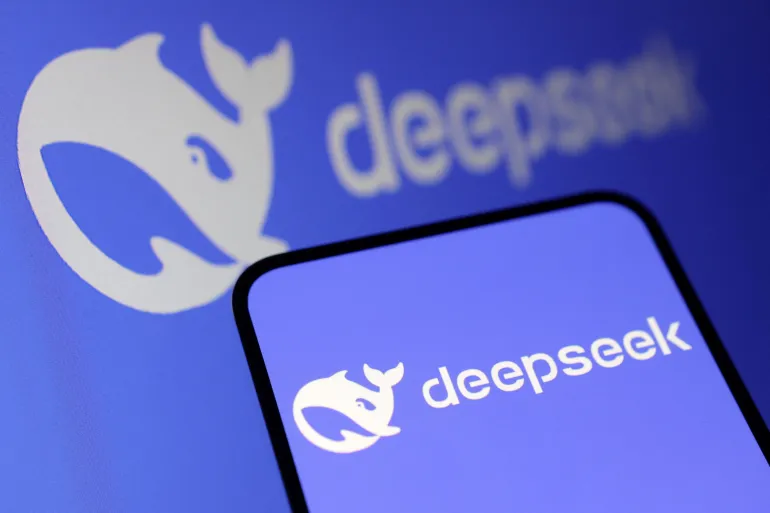The rise of Chinese AI app DeepSeek has taken the digital world by storm, surpassing OpenAI’s ChatGPT as the most downloaded free app on Apple’s App Store. However, its rapid ascent has also raised serious national security and privacy concerns, prompting swift government restrictions and discussions about a potential ban.
DeepSeek’s Rise and the Security Alarm Bells
Developed by Chinese firm High Flyer, DeepSeek’s generative AI capabilities have caught global attention. Yet, cybersecurity analysts and national security experts warn that the app’s presence on millions of devices could pose a significant risk, given China’s strict data-sharing laws.
Government agencies including NASA, the U.S. Navy, and authorities in Texas, Taiwan, and Italy have already placed bans on the app. The concern? DeepSeek’s privacy policy offers little assurance, with experts arguing that it provides the Chinese government access to vast amounts of user data, potentially putting personal and corporate information at risk.
How Big is the Privacy Threat?
Cybersecurity specialists have already discovered vulnerabilities in DeepSeek that expose users to data leaks. According to Dewardric McNeal, a senior policy analyst at Longview Global, the information DeepSeek could harvest is far beyond standard search engine data.
“The amount of data bad actors in China could collect from DeepSeek is 20 times worse than Google search tracking,” McNeal warned. He further highlighted how this data could be leveraged for economic and strategic advantages, including infiltrating U.S. supply chains and influencing industrial trends.
Beyond Personal Data: The Bigger Picture
The potential risks extend beyond individual privacy. National security analysts argue that DeepSeek’s AI-driven data collection can provide valuable insights into American industries, consumer behavior, and even societal divisions. The broader pattern of search queries could offer foreign adversaries intelligence about U.S. economic trends and policy interests.
Matt Pearl, former advisor to the U.S. National Security Council and AI policy expert, emphasized that DeepSeek’s privacy policy does not protect users from PRC laws. “If the Chinese government decides they want access to user data, they will have it,” Pearl cautioned.
A major concern is the app’s potential for mass malware injection, which could be delivered through a simple update. “The scariest part is that it can all happen in one patch—an update users wouldn’t even think twice about installing,” Pearl added.
Will the U.S. Government Ban DeepSeek?
DeepSeek’s meteoric rise has already shaken the global tech industry, with OpenAI reportedly seeking a $40 billion funding round to maintain its lead. Despite this, ChatGPT remains far ahead in terms of daily active users, with DeepSeek still in its early adoption phase.
However, U.S. lawmakers and tech industry leaders are already pushing for stricter regulations. The same legislation that enabled the U.S. government to attempt a TikTok ban could be used to restrict DeepSeek. Policy experts believe major tech firms will lobby for action, arguing that allowing DeepSeek to dominate AI markets would be a strategic mistake.
The Future of AI and Global Tech Competition
The DeepSeek controversy underscores a broader reality—AI development is now a global arms race. Brendan Englot, director of the Stevens Institute for Artificial Intelligence, notes that “We are going to see more AI disruptors like DeepSeek entering the market, and the battle for dominance is just beginning.”
As AI technology continues to evolve, the balance between innovation and security remains critical. For users, the key takeaway is clear: convenience and efficiency come with trade-offs. Once you share data with an app, assume it’s fair game.
With DeepSeek under intense scrutiny, the coming weeks could determine whether it remains accessible to American users—or joins the list of foreign-owned apps facing regulatory action. One thing is certain: the AI competition between the U.S. and China is only heating up.



